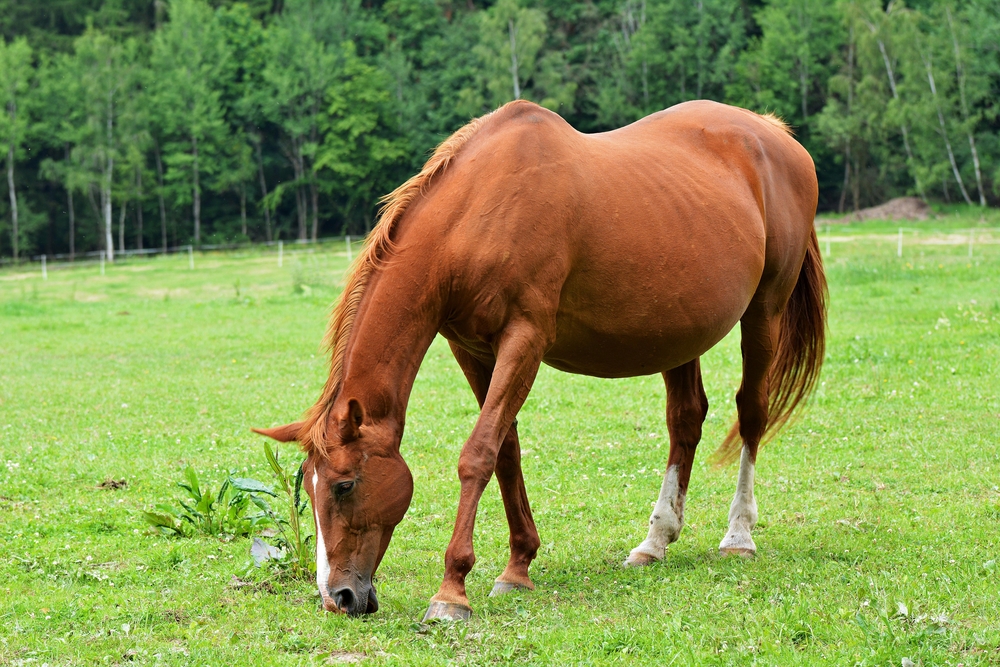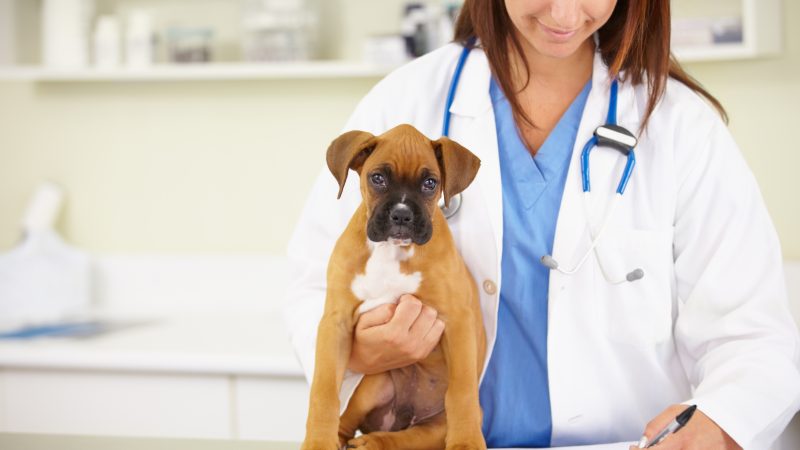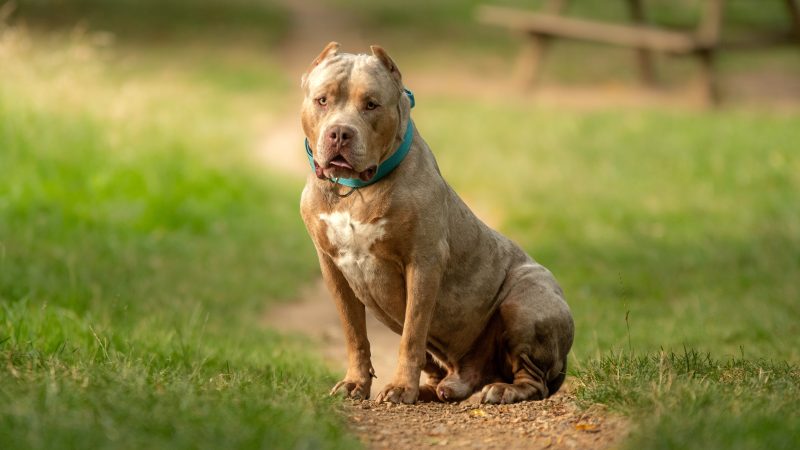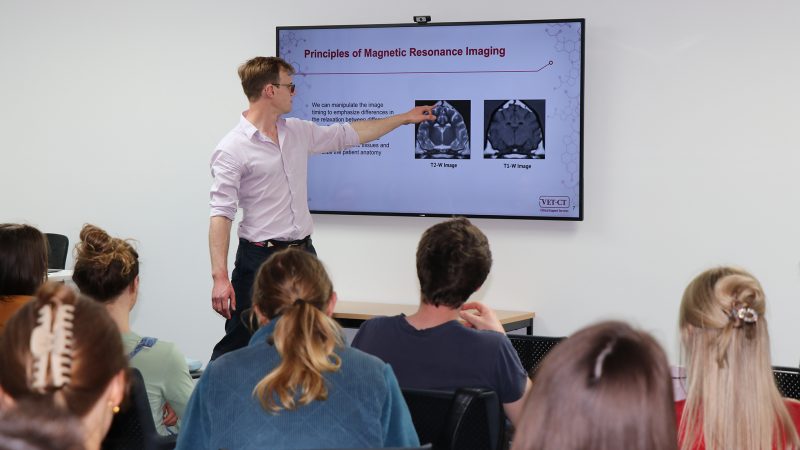RVC research pinpoints reason for failed equine pregnancies

A chromosomal defect has been revealed as the reason why a large number of equine pregnancies fail within their first two months.
The discovery was made by researchers at the Royal Veterinary College and it will pave the way for new diagnostic tests for this common cause of loss in mares.
Led by Dr Mandi de Mestre, reader in reproductive immunology and head of the equine pregnancy laboratory at the college, the study collaborated with seven different veterinary practices to gain access to samples from across the UK and Ireland. The investigation found that about 20 per cent of the failed pregnancies were aneuploid.
The researchers are now working to find the underlying cause of the failed pregnancies. The initial findings would suggest that it is most likely introduced through the egg or sperm.
The RVC team believes that its study explains why the condition is so rare in horses and highlights the need for a reconsideration of this genetic condition in pregnancy loss and in early developmental disorders.
‘Early pregnancy loss remains a very frustrating condition for clinicians to treat as the underlying cause is unknown in around 80 per cent of cases,’ said Dr de Mestre. ‘These findings will allow researchers to develop new diagnostic tests for pregnancy losses, which would offer hope to thousands of owners of breeding mares that suffer this condition.
‘A diagnostic test would allow them to make informed decisions on treatment strategies and to advise on whether they should invest in further attempts to breed their mare, benefiting both horses and their breeders alike in the future.’







